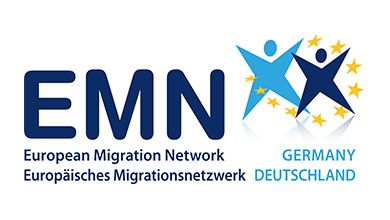EMN Inform: Governing the accommodation of international protection applicants ,

Providing accommodation for international protection applicants is a major challenge for many countries. This inform provides insight into the governance models regarding the accommodation of applicants for international protection in the EMN Member and Observer Countries. Managing accommodation is crucial to respond to challenges such as fluctuating asylum applications, limited housing capacity and relationships with the local community.
Most EMN Member and Observer Countries adopt a centralised governance model, where a single authority is primarily responsible for the reception of applicants for international protection. This is typically managed by the Ministry of the Interior or a specialised executive agency. Centralised governance is particularly beneficial in terms of consistency in planning, coordination, and accountability.
In contrast, several countries employ a mixed governance model, wherein responsibilities are shared between national, regional, and local authorities. This approach allows for more flexibility in addressing the specific needs of applicants in different regions.
Germany, for instance, stands out as the only country among the EMN Member and Observer Countries that operates under a fully decentralised model. This system allows for a more tailored response to the varying needs of applicants across regions but requires robust coordination mechanisms to ensure that the system remains cohesive and effective.
This inform is only available in English.

